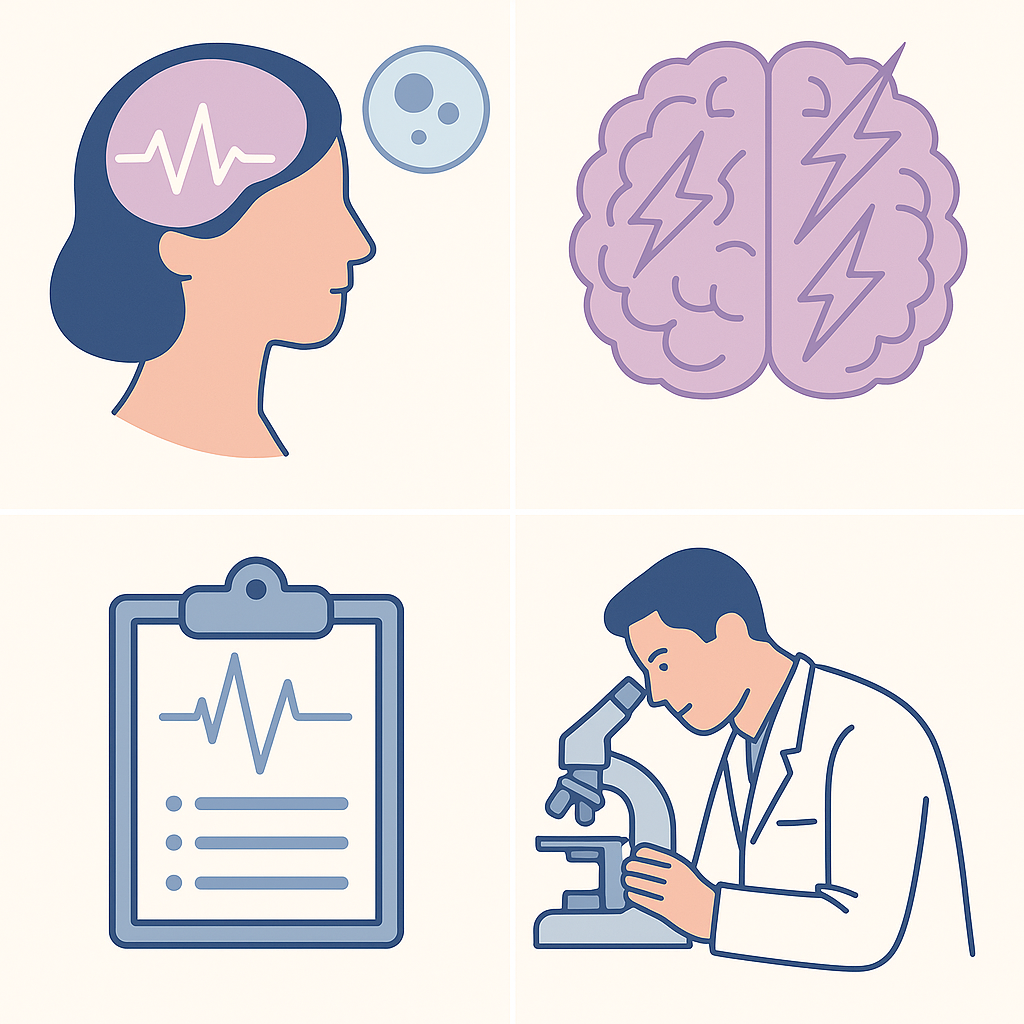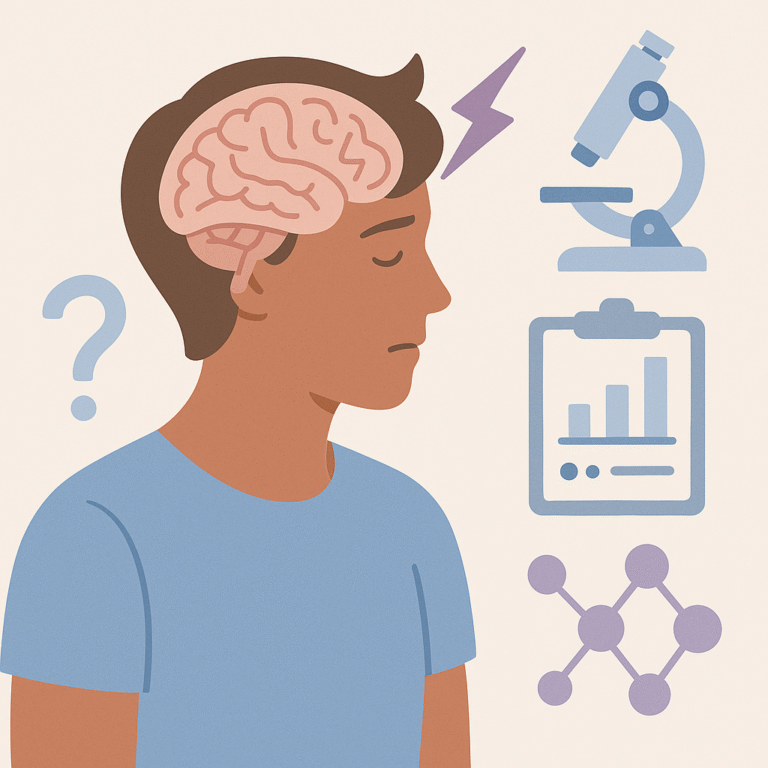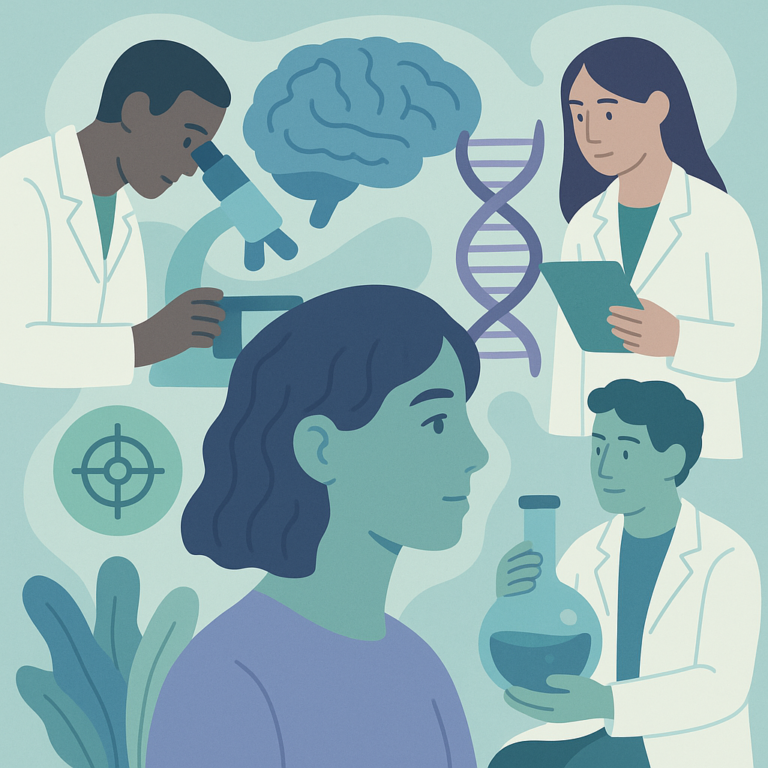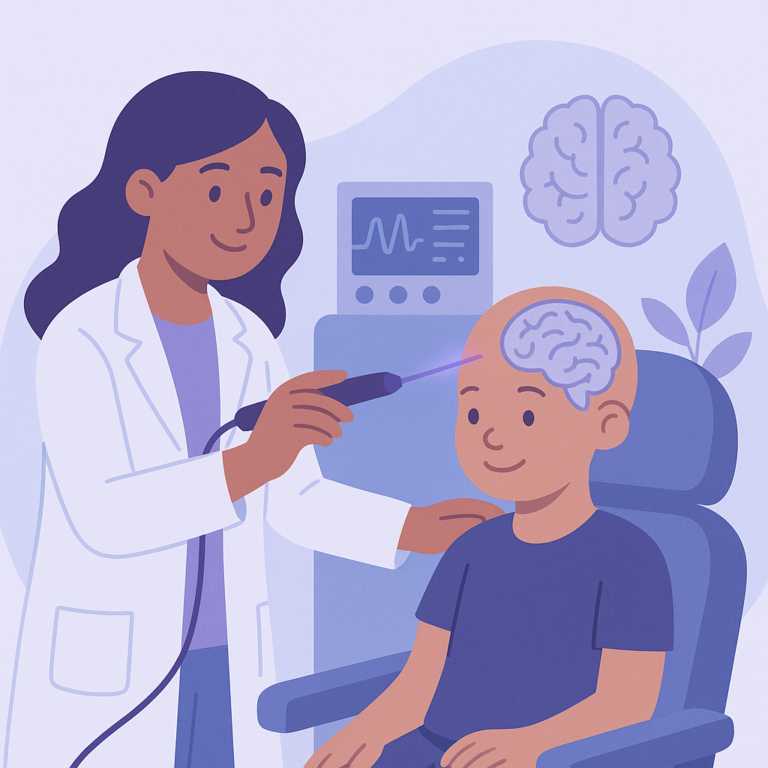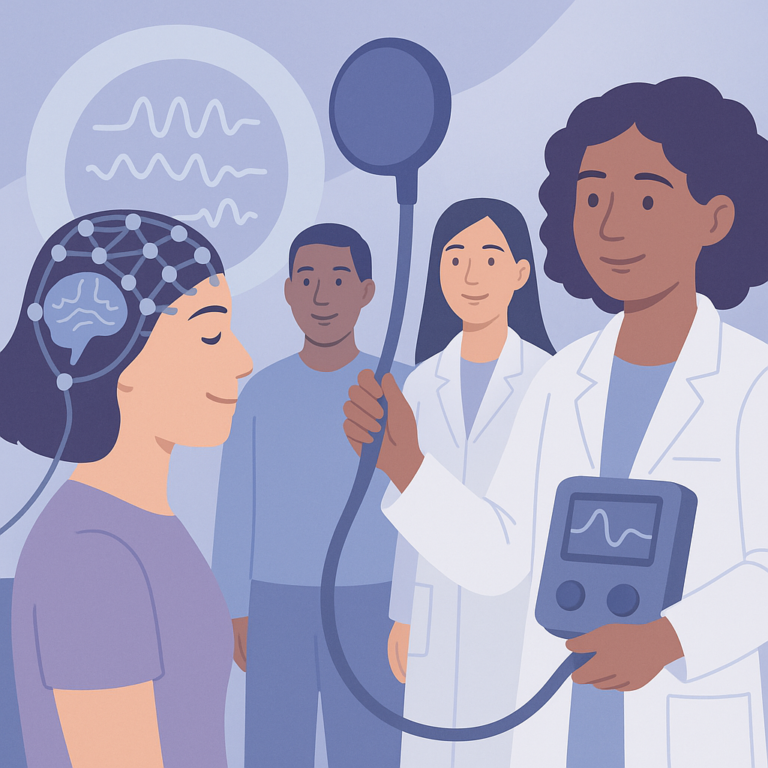Improving Medical Language Models with Expert Human Input
Summary
Researchers examined how to improve large language models (LLMs) used in medical tasks, focusing on the integration of human medical expertise. The study specifically looked at Dravet syndrome, a rare form of epilepsy that is not well understood. The team aimed to find effective ways to enhance the accuracy of LLMs by using biomedical ontologies, which are structured frameworks that organize medical knowledge.
The main finding of the study is that incorporating a specialized epilepsy ontology significantly improved the performance of LLMs in tasks related to Dravet syndrome. This means that when human medical knowledge was effectively integrated into the language models, the results became more accurate and reliable. The researchers demonstrated that this approach could lead to better outcomes in understanding and managing this complex condition.
This research is important because it shows a new way to combine human expertise with advanced technology to improve medical applications. However, it is essential to note that this study is still early and observational, meaning more research is needed to confirm these findings and understand how they can be applied in real-world clinical settings.
Related reading
- New Test May Help Diagnose Parasitic Disease in Children
- Music Therapy Boosts Cognitive Skills in Children with Epilepsy
- Mothers of Children with Cerebral Palsy Face Serious Challenges
- Cognitive Differences in TSC Adults With and Without Epilepsy
- Key Risk Factors for Seizure Return After Medication Withdrawal
Free: Seizure First Aid Quick Guide (PDF)
Plus one plain-language weekly digest of new epilepsy research.
Unsubscribe anytime. No medical advice.